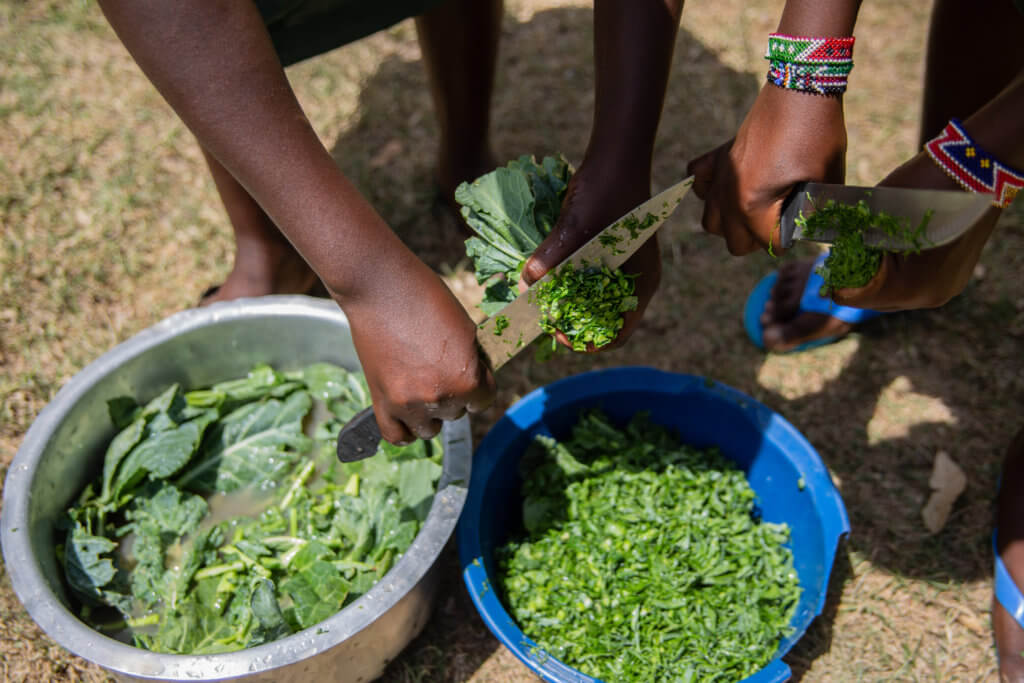Members of the SUN Movement’s Civil Society Network are already reporting food shortages and escalation in prices due to the ongoing conflict in Ukraine, which will have knock-on effects on the state of nutrition globally.
The Russian Federation and Ukraine are among the most important producers of agricultural commodities in the world. Organisations such as the World Food Programme get huge proportions of their wheat supplies from Ukraine, and many Civil Society Alliances are based in countries which also rely heavily on Ukraine and the Russian Federation for staple foods.
Laid bare during the COVID-19 pandemic, the overdependence of developing countries on food imports and farming inputs exposes them to price volatility. Higher costs of food production will be carried through to consumers in the form of rising food prices in a context where nutrition security for all is already a major challenge.
Worryingly, the resulting global supply gap could push up international food and feed prices by 8 to 22 percent above their already elevated levels. Any impact to food security is not only damaging in the short term, having dire consequences for world hunger, but will have a negative effect on nutrition progress in the longer term.
In Indonesia, Ukraine is the 2nd largest wheat supplier. This month they have seen a 46% increase in the price of wheat from the same time last year. Civil Society Alliance coordinator Rozy Afrial Jafar describes:
“Some large wheat flour producers still have wheat stocks for the next two months but there is a huge price escalation for foods made from wheat flour (instant noodles, bread, cookies etc) because of the Russian and Ukraine war.”
The situation is equally dire in East Africa, where Oxfam estimates 28 million people are already facing a food crisis. This figure is likely to rise even more due to conflicts, climate change, and covid, agricultural production in the region has declined dramatically.
Long-term solutions include shifting agricultural reliance away from industrial agriculture and toward agroecology, a type of agriculture that is more environmentally friendly and uses fewer chemicals. It is also crucial to examine global supply chains and reduce reliance on imports by encouraging local and regional production and food sovereignty.
While many countries are still recovering from the indirect impact of COVID on food and nutrition security, the war in Ukraine shows again the fragility of our global food system – with the more vulnerable paying the highest price.


